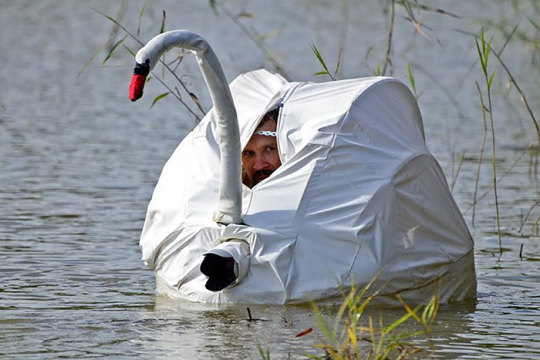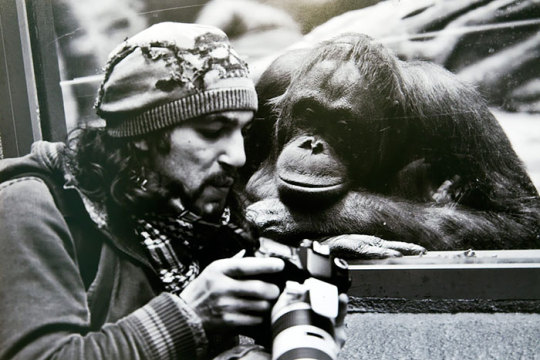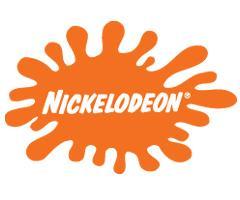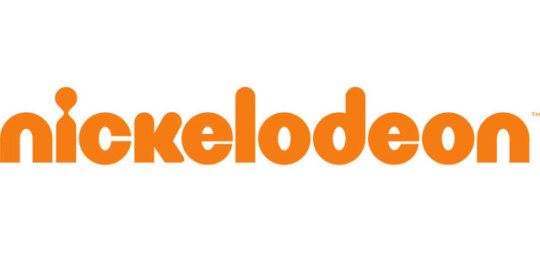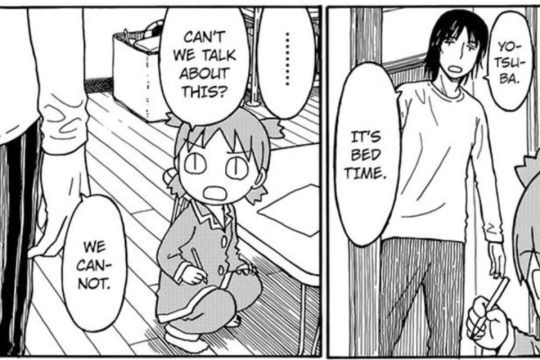Don't wanna be here? Send us removal request.
Text
The Final Curtain: Why Sherlock Failed Me
A couple of hours ago, I watched my first Sherlock AMV since I quit the fandom last year. And I realized something: I was more interested in the music than in the actual video footage. I still care about Sherlock and John as characters, but it felt like meeting a friend that I fell out of contact with. I was mildly interested in knowing how they were doing, but I couldn’t bother to be annoyed about their fate anymore. Nowadays, I feel much closer to other fandoms. At the same moment when I realized this, I also noticed that my head was much clearer than when I wrote my last meta on the show. I was rather unfair to Sherlock back then, and although it’s a distant memory, I would like to pay tribute to the joy the show once has given me.
I came for the quirkiness:
Sherlock was not meant to be such a large production: It was a three-part special, dedicated to the works of Sir Arthur Conan Doyle, and as such, the budget did not allow for bombastic special effects like the big explosions and gun fights in the Downey Jr. movies. The closest the show came to “special effects” were some random words floating around mid-air, and this is typical of British adaptations. Around 2010-2012, there was another pseudo detective show of similar down-to-earth character: Dirk Gently. Both shows prove that you do not need giant fireballs hurled at the protagonist to make the audience care for them: It’s the characterization, not the story, that drives these shows forward.
Sherlock aired at a time when detective shows turned extremely dull, because they were competing in gruel depictions rather than in complex protagonists. It is enjoyable to watch two characters have a seemingly pointless conversation over dinner, because this is something that would get cut in more commercially oriented shows. Sherlock defied the formula of “corpse, investigation, solution” by offering multiple cases or telling us the identity of the culprit, but not the reason. Since it was three episodes, they got away with it: People would either watch all or none. There was no need to make it easier for casual viewers to enjoy the show. It is a piece of self-reference and experimentation. Honestly, I doubt this show would have attracted that much attention if it were not for Cumberbatch and Freeman. Dirk Gently also breaks with a lot of traditions, but its leads are not as aesthetically pleasing to the masses, I guess.
Sherlock was quirky. It was essentially British; it was stubbornly refusing to let itself be categorised as a drama or a detective show or a comedy.
I stayed for the drama:
The second season had big shoes to fill, especially since there was no true storyline yet. The first season was just as much an iteration of disconnected events as most of the short stories. However, Sherlock seemed to be there to stay, and that is why the writers had the guts to go one step further. In the second season, they would build up towards a full dramatic arc: Moriarty would truly be involved, not just some hinted shadowy figure. This way, the cases would be personal. The focus shifted towards the interpersonal relationships between the characters, and this also explains why Mycroft was suddenly pulled to the front. Any progress, any obstacle during the investigations had to be connected to the human network surrounding the protagonists. There was no room for chance, for some outside force. The second season is built on drama, not on cases. Instead, the characters are pitted against each other.
I fell out of love when the show reoriented itself:
During the great hiatus, I consumed a lot of fanwork, and, admittedly, this raised my expectations of the third season. There had been a lot of predictive meta, a lot of great fan continuations. In truth, Sherlock had no chance to live up to the hype. There was no way they could cram Sherlock’s return, fiendishly difficult cases, a homosexual relationship, a sob-story past for Sherlock, a credible theory for Moriarty’s survival and a drama arc concerning John’s alcoholic sister into three episodes. The average post-s2 story covering these topics is about 150 k words!
No, season three was fated to disappoint, because it could not possibly satisfy all the subgroups of the fandom. Due to the previous multi-facetious approach, there were shippers, there were genuine Holmes fans, there were those that were in for the human drama, and those that simply liked detective shows. Additionally, the show had crossed a lot of borders: The writers were no longer writing for the BBC, but for the world, which means that cultural quirks only work to a certain degree before they become incomprehensible or unacceptable.
And that’s when the writers lost me, somebody who joined the fandom for the original pilot, not the drama of the second season (although it was an added benefit): They decided to reorient the show, to make it more mainstream, more accessible. At the same time, they felt obliged to satisfy the “original” crowd by offering us meaningless references to the past. They attempted to do a little of everything. They would hint at Johnlock, they built up a mastermind villain who fell short at the decisive moment. They gave us a great return drama, but glossed over the emotional upheaval because… time. The off-switch on the bomb, that’s essentially the off-switch to the drama. They had to move on to the next fan wish. Sherlock was hurt badly, which satisfied the whumpers. They tried their best to address all the needs, at the cost of being indecisive, yes, baiting, even. It became virtually impossible to pick a main theme running through the season, because they poured all the ingredients into one giant bowl and mixed them until it the distinctive flavour of the original products is lost.
Season three is not a good example of a homoromantic forerunner of its time, because the Mary arc destroys the message.
It is not a good example of a continuation, because it fails to address the questions left unanswered by its predecessor.
It is not a good example of detective show, because the cases are not presented as the main attraction. It is difficult to guess alongside Sherlock without being given the necessary clues.
It is not a good example of a drama, because the dramatic turns are not addressed in terms of their consequences. Sherlock’s fake death remains without lasting consequences as does Mary’s attempt at murder, and let’s not mention Magnussen’s death.
Season three has so much to offer, but essentially, it fails to find its own theme. The characters and plots are yanked all over the place to fit the new audience’s demographics.
As soon as I sobered up, I quit:
I cannot say much about the fourth season, only having watched the first trailer. However, the interviews and spoilers showed me that the cast were extremely pleased with their previous achievements. I doubt they reflected how much their show had changed, and especially their comment on how they were able to create the show they had wanted to create helped me sober up. By this date, Sherlock had become a highly commercialized, close to mainstream work drama. If this was truly what the writers wanted to create, then season four had nothing to offer to me.
I no longer suffered from the illusion that Sherlock would address the flaws of the third season or return to being about crime solving. At this point, I had turned into a serious Johnlocker. To me, it seemed the only way to save the show from becoming forgettable. If it could not become a legend from an in-story perspective, then it could write history for the depiction of a homoromantic relationship on a large scale. Sherlock attracted a huge audience in countries where such topics are highly problematic. It seemed like such a good idea to use this falling star as a missionary for social awareness. Since Brokeback Mountain, the depiction of gay people in the media has increased, but it is still about stereotypical behavior, and usually, these people don’t experience a lot of happiness. It would have been nice to watch a show that would address the issue in a subversive way. That would have been modestly refreshing.
However, I realized that there would be no grand scheme to put forward a message to the society. No, just another three episodes of mainstream explosions, gun fire, pointless squabbling to create drama, and some backstory that would please the whumpers. Of course, Mary also had to die after giving birth, which satisfies the haters and invites the fluff fans to praise the resolution of the arc.
Sherlock had, essentially, become predictable. And predictable is boring, because it’s exceeding the expectations that makes a show great.
And now?
Am I disappointed in Sherlock? Actually, no, I am not. I suppose I had been disappointed last year, but since then, I moved on. I’ve accepted that I am a picky viewer, and that this was just another failure in a long list of forgettable shows that did not live up to my high expectations.
Addendum:
By the way, there’s a Japanese show that recently had the guts to portray a gay couple without a tragic end or defining the characters by their sexuality: Yuri on Ice. The protagonists are professional figure skaters and the show is mostly concerned with their work experiences. It is a well-written and highly popular sports series, in my opinion.
I am somewhat surprised that the very conservative Japanese managed to beat us when it comes to this.
6 notes
·
View notes
Text
The Types as Character Tropes
Based on stereotypes, duh.
INTP: Absent-Minded Professor, Erudite Stoner, Gadgeteer Genius, Reluctant Mad Scientist, This Is Your Brain On Evil
INFP: The Anti-Nihilist, Byronic Hero, Because You Were Nice to Me, The Dark Side Will Make You Forget, Not-So-Harmless Villain
ISTJ: The Reliable One, Unfazed Everyman, Cloudcuckoolander’s Minder, Loyal to the Position, Obstructive Bureaucrat
ISFJ: Yamato Nadeshiko, Humble Hero, Tranquil Fury, Churchgoing Villain, Love Makes You Evil
ENFJ: The Paragon, The Chooser of the One, Warrior Therapist, Soap Box Sadie, Psycho Psychologist
ENTJ: The Leader, Cultured Badass, Seme, The Corrupter, Visionary Villain
ESTP: Determinator, Ace Pilot, Da Editor, Blood Knight, Corrupt Bureaucrat
ESFP: Ninja Pirate Zombie Robot, Plucky Office Girl, Obfuscating Stupidity, Hidden Depths, The Ophelia
INTJ: The Spock, Tin Man, Aloof Big Brother, The Chessmaster, Evilutionary Biologist
INFJ: Hurting Hero, Hermit Guru, Zen Survivor, Living Emotional Crutch, Knight Templar
ISTP: Warrior Poet, Street Samurai, The Hunter, Because I’m Good At It, Then Let Me Be Evil
ISFP: All-Loving Hero, Hero’s Muse, Determined Defeatist, Granola Girl, Mad Artist
ESTJ: The Captain, The Ace, Nerves of Steel, Corrupt Corporate Executive, Egomaniac Hunter
ESFJ: Crusading Lawyer, The Social Expert, A Father to his Men, Nerd Nanny, Evil Matriarch
ENTP: Bunny-Ears Lawyer, Trickster Mentor, Knowledge Broker, Cool Loser, It Amused Me
ENFP: The Pollyanna, Manic Pixie Dream Girl, Allergic to Routine, The Wonka, Revenge Before Reason
44K notes
·
View notes
Photo
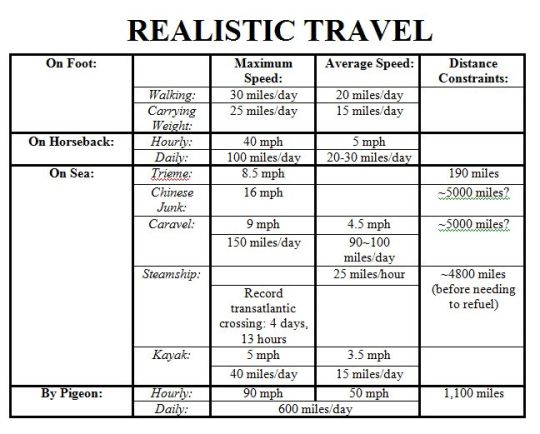
Writing a historical novel means knowing how far they can travel on a horse, This is good info right here.
(via Pinterest)
125K notes
·
View notes
Text
The Profound Message of Mewtwo Returns
I decided to rewatch one of the oldest Pokemon movies, and, in my opinion, one of the most underrated anime feature length movies of all times. Even as a child, I had been fascinated with the depth of Mewtwo’s character, as well as his interaction with Ash. They share a complex past, and a complicated one, because Ash does not remember their previous meeting. In the first movie, he actually died after attempting to stop the death match between Mewtwo and Mew. This action finally managed to get through to Mewtwo, who had almost been driven to insanity by his rage against his creators.
While the movie resolved his desire for destruction, it did not address the psychological aspect of the situation. Usually, anime movies like Pokemon introduce a big issue, like a falling comet, but the resolution is simple: The world is saved and everything returns to business as usual. The first movie, though, dealt with a much more difficult topic: How does cloning and playing god affect the subjects? Mewtwo is not intrinsically violent, instead, the circumstances of his creation made him snap.
Ash’s death cleared his head, but it did not resolve the issue. That’s what Mewtwo Returns is for. It is a mind-blowing, yet child-friendly attempt to address the question of life.
Btw, I feel obliged to point out beforehand that movies are not canon. All information provided in the movie is merely this particular production team’s perspective on how the pokemon world works.
1. Ash is neither alive nor dead
One of the main themes in this movie is the water of life. The water of a certain spring is able to restore a living being’s lifeforce due to a high content of minerals. It is shown to work on regular pokemon like Pikachu, humans like Misty, and clones like Mewtwo. Plants, too, prosper due to the water.
However, there is one big contradiction right from the start: Ash. Unlike his friends, he is unable to perceive any special effect from the water. Although the water Brock and Misty are drinking is highly diluted due to the distance from the spring, they still feel the effect. Clearly, the water does not work on Ash. The only possible conclusion is that his lifeforce cannot be restored. The movie does not explicitly address the issue, yet it is important to talk about it: This scene takes up too much screentime to be without a purpose.
In my opinion, the production team thereby offered an implied reading of what happened to Ash in the first movie: Mewtwo did not revive Ash. The lifeforce he has been given is not his own, and that’s why it cannot be raised or lowered. Ash is stuck inbetween two states, he is Schrödinger’s cat. Dead and alive until proven otherwise. It is quite possible that this is one of the reasons why he, too, had to lose his memories of the events. If he were to know of his own death, he’d die. It would explain Mewtwo’s reluctance to share any information on their previous encounter.
This theory is supported by Mewtwo’s final conclusion: Because the water has an effect on him, he, too, has a legitimate place in this world.
Now, what does that say about Ash? ... I rest my case in this regard.
2. The Relationship between Creature and Creator
In recent years, the issue of self-governance and freedom of control has cropped up in mainstream media, especially due to the advancement in technology. Think of shows like Orphan Black. What’s remarkable about Mewtwo Returns is the thoughtful representation of inner conflict within the created being. This movie is from 2000, guys!
I used the adjective thoughtful, because it is. Mewtwo is not merely the oppressed creature fighting against their abusive creator. No: Mewtwo is both, a creature and a creator. In fact, he is the unofficially elected leader of the clones that he himself created. These creatures are not merely protected by the stronger, more intelligent leader. He also controls their actions and reprimands them when they act against his wishes, e.g. when clone!Pikachu attacks Ash’s Pikachu.
In fact, Mewtwo is fighting both battles. On one hand, he is desperate to emancipate himself from Giovanni and wonders about his place in this world, on the other hand, he is indecisive about what he should do about his own “creatures.” He is not certain what is better for them, safety or freedom. Should he keep them from seeking happiness elsewhere, or should he send them away?
Until the climax of the movie, Mewtwo is too caught up between those two choices to even consider letting the clones make their own choices. His personal growth as a creator consists of allowing his “creatures” to take their lives into their own hands and paws. To choose to follow him or to choose to leave.
To me, this is incredibly well-written for a Pokemon movie. Almost scarily so.
3. The Revive
The theme of addressing “life” continues into the most minute of details. In a side remark, the scientist who is studying the environment confirms that he will analyse the water in his lab and create a synthetic version of its effects.
In the anime, a lot of the game gimmicks were addressed early on, such as berries and potions. However, one item has never featured: The revive
.
There is no hard proof that the team intended to point towards the revive, but it feels like this deduction goes hand in hand with the main theme of the movie. Mewtwo Returns is about life.
40 notes
·
View notes
Text
the stepladder thing is great but there are a lot of other great running jokes in ace attorney:
phoenix not knowing the names of any plants aside from tulips and sunflowers
maya/trucy trying to steal things and bring them back to the office
edgeworth being unable to get his witnesses to state their name
multiple people, on different occasions, failing to miss critical evidence because they didn’t look at the other side of a piece of paper
“Anyone could wear that ______! Even me!”
edgeworth glaring at things
phoenix/apollo’s obsession with their hair
in the third game, phoenix cleaning the toilet
in the first game, gumshoe never remembering phoenix’s name
edgeworth being a super steel samurai fan
yelling ‘objection!’ in everyday, non courtroom situations
franziska referring to everyone by their full name, all the time
phoenix being super into gossip and tabloid magazines
8K notes
·
View notes
Text
the worst thing about writing is that you aren’t just a writer. you have to be a thousand things. a poet, a flirt, a weapons expert, a bleeding heart, a scholar, a legendary cook, a theorist, an engineer, a reckless teenage girl, a dying god. you have to be able to write monologues and speeches and heartfelt confessions, and you have to make them believable. writing is putting yourself into someone else’s shoes.
writing is really hard (◕︿◕✿)
199K notes
·
View notes
Photo
I’ve got six of them, and they are all still running. Even the original game boy... you can say a lot about Nintendo’s company practices when it comes to PR, but their products were always great in quality.

3K notes
·
View notes
Text
I’m the asshole author that’s going to get published, and create multiple different fan fiction accounts on multiple fan fiction websites and write fan fiction for my own books, mixed in with a few other things as well, so that when I get somewhat noticed, I can talk to my fans and be like, “Oh, I write ‘fan fiction’ about my own book. But you have to guess which one is me” and watch them all go absolutely batshit crazy trying to find me.
24K notes
·
View notes
Text
Brandolini’s Law: “The amount of energy needed to refute bullshit is an order of magnitude bigger than to produce it.”
1K notes
·
View notes
Photo
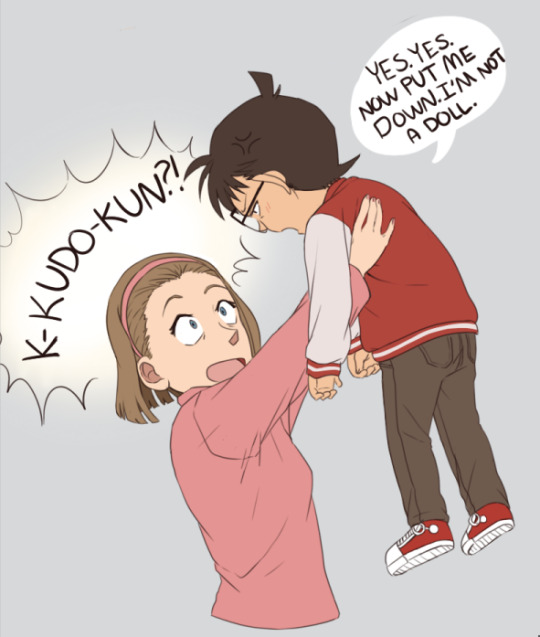
Just imagine if Sonoko somehow found out. Now that’s definitely gonna be some funny shit if it happens. I’d love to see fanart of Sonoko finding out knowing and tease the hell out of him. lmfao
945 notes
·
View notes
Text
Pokemon: Choices Do Matter
Did you ever consider that....
The reason why Pikachu did not listen to Ash at the beginning of the anime is that Ash hadn’t acquired any badge yet. Pikachu is too high in level, and therefore not as obedient as Pidgey or Caterpie. In the games, pokemon that you “acquired” from other people tend to disobey if they are at more than 10 levels before you beat the first arena. Since Pikachu wasn’t supposed to be a starter, his “ID” is not set to Ash’s, but rather to Prof. Oak’s.

If Pikachu is a “traded” pokemon in the anime, then this also explains its comparative strength in the first season. “Traded” pokemon gain more experience than their original counterparts, therefore they will seem more powerful.
Prof. Oak assigned an Eevee to his grandson to express his wishes for Gary’s future development. Eevee is a pokemon of many possibilities, and it is the ultimate first generation proof that choices do matter. On one hand, it symbolises Prof. Oak’s hope that Gary will have all the opportunities to realise his dreams, on the other hand it cautions him to not just walk down the one path that he sees, but to be more thoughtful about his actions. Eevee is quite a fitting gift for Gary who starts out as a rather boastful, carefree person who is not invested in how his words may hurt others.
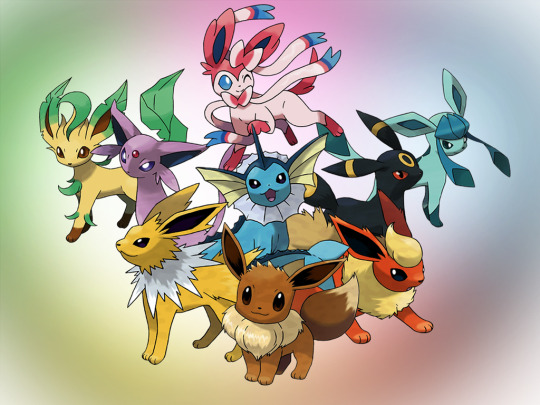
15 notes
·
View notes
Link
The codename Paikaru- that was what would become the warning shot that would trigger a cat and mouse game played between detective and Black Organization member. With the former having never once doubted the latter, and the latter working to keep it that way, not wanting to destroy the unexpected friendship that has blossomed between them, the search for the one, ugly truth is on.
An interesting take on why Heiji brought alcohol to their first meeting: Black Echo takes us into the murky depths of his mind, a place that is slowly, but steadily lit by his friendship with Conan. There are decisions to be made...
I fell in love with this trope, Heiji as a member of the BO.
Already more than 100.000 words and very promising.
6 notes
·
View notes
Photo



Yes. These bastards (and actually the whole Sheikah design) is based on the japanese Jomon pottery.

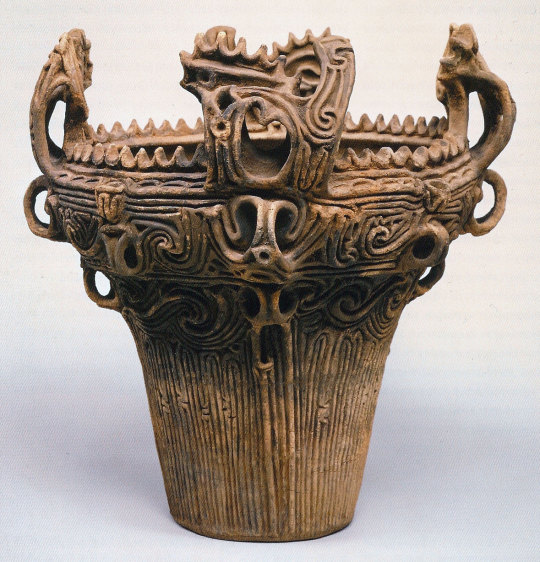
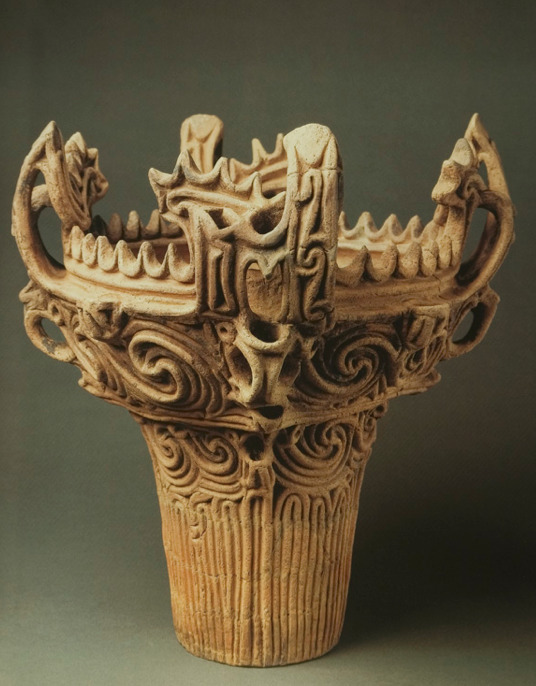
129K notes
·
View notes

